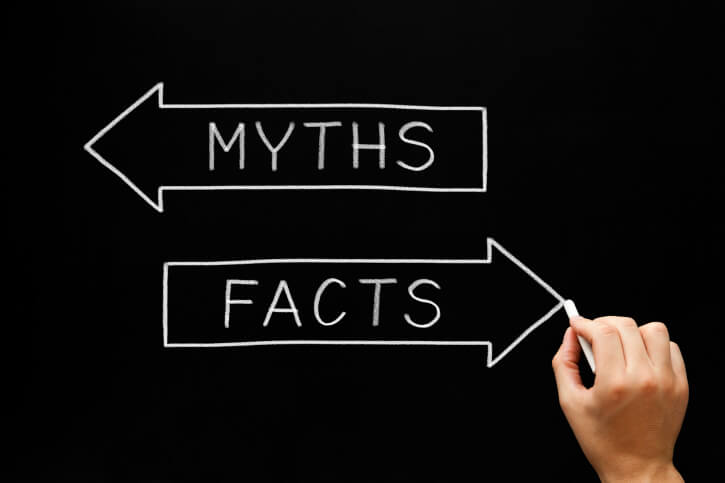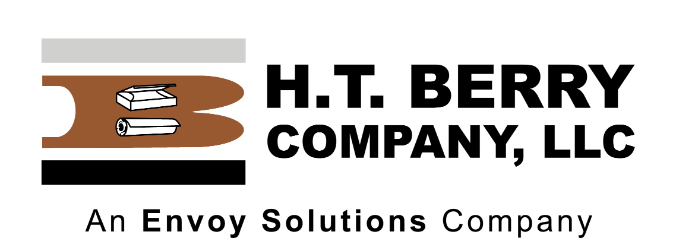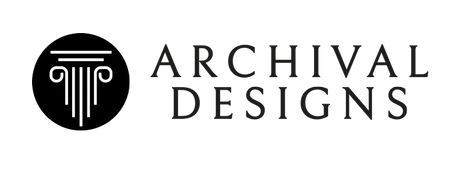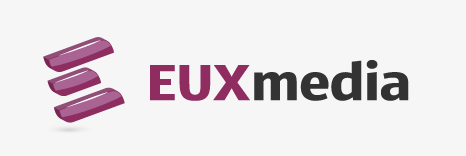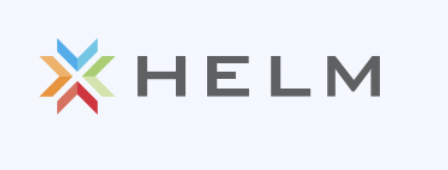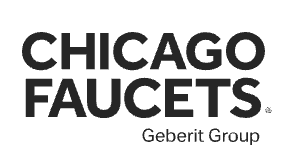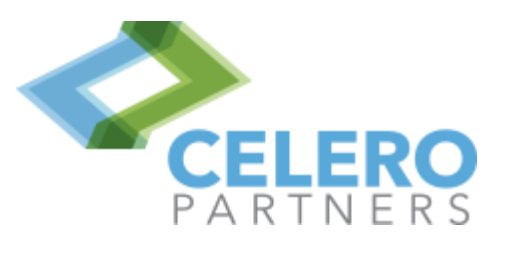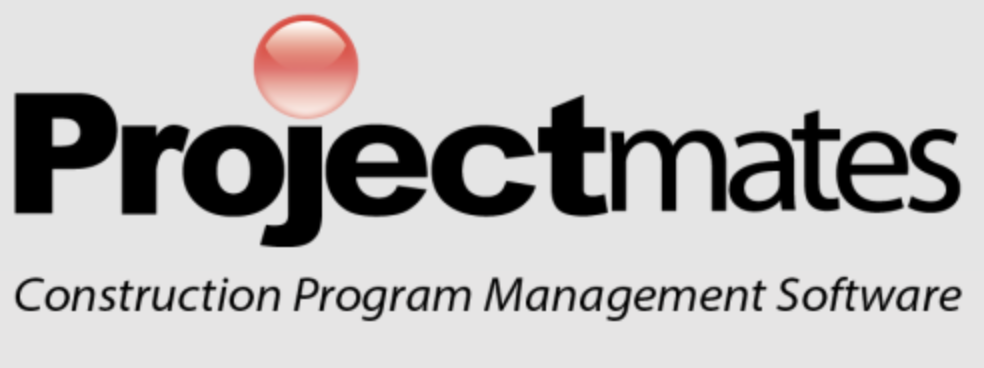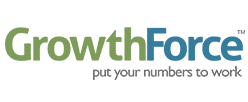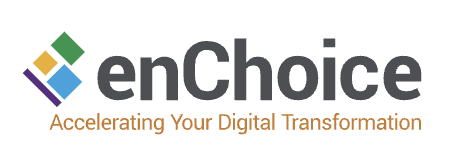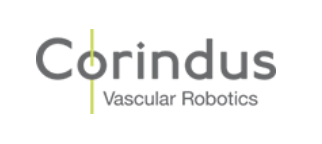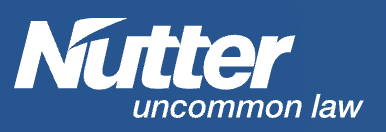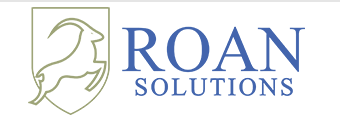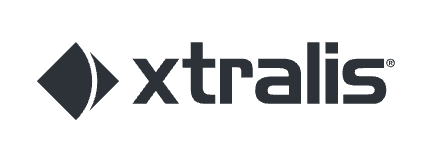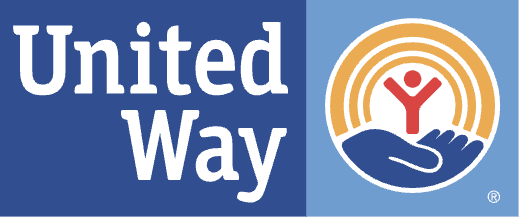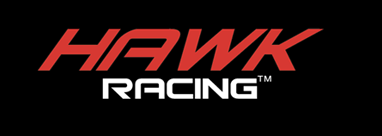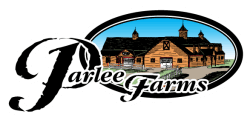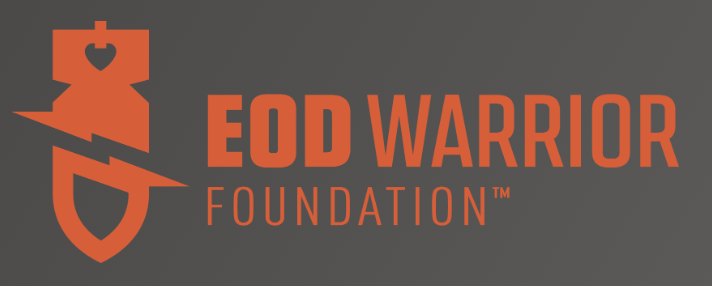Where Should I Put My Targeted Keywords?
 Search behavior has changed in recent years (think, voice search), but that doesn’t mean that keywords are out the window. Keywords are still used when people search which means that they should still be at the foundation of a solid SEO campaign. Keyword research still matters and helps to uncover what this shifting search behavior means for which keywords need to be targeted. When we first start working on a website we find that smart, SEO aware website owners are correctly incorporating their targeted keywords into one or a few of the places below. But to have the greatest impact, targeted keywords need to be added to all of the following places on every web page:
Search behavior has changed in recent years (think, voice search), but that doesn’t mean that keywords are out the window. Keywords are still used when people search which means that they should still be at the foundation of a solid SEO campaign. Keyword research still matters and helps to uncover what this shifting search behavior means for which keywords need to be targeted. When we first start working on a website we find that smart, SEO aware website owners are correctly incorporating their targeted keywords into one or a few of the places below. But to have the greatest impact, targeted keywords need to be added to all of the following places on every web page:
Title tag
The title tag is essentially the heavyweight when it comes to keywords and ranking. The search engines are using the tag to rank websites and search engine users are looking at the title tag as the bolded, blue clickable link in the search results. The targeted keyword needs to be first in the title tag, followed by the company or brand name if there is room for the additional text (70 characters including spaces should be the max). Every page on a website needs to have a unique, optimized title tag that is specific to that page.
URL

Keyword rich domain names are out as an SEO tactic, but URLs should certainly be optimized if possible. For example, if a company offers computer repair services, brandname.com/computer-repair-services is a much more descriptive and optimized URL than simply brandname.com/services. If you decide to change URL structure to be more SEO-friendly, be sure to redirect the old URL to the new URL.
Meta description tags
The meta description tag doesn’t carry any weight for ranking purposes alone, but it carries a huge amount of weight for click through purposes. If the keyword that is searched for appears in your meta description, it will be bolded on the search results page. This tells the searcher that they can find what they’re looking for on the page. The meta description tag length is now longer, which tells us that the search engines want you to use this space to give searchers more information about what they can find on that page.
Headings
If you’re not utilizing headings (h tags) in your website content, you should be. Not only does it break up the space for readers, but an h tag is recognized as important text by the search spiders.
All other text
SEO best practice is to write content for readers first, then go back and look for optimization opportunities, or places where keywords can be incorporated naturally. You never want to force keywords in, which is considered spammy and makes the text difficult to read. But even adding one or two keywords to a page of content can make a difference.
It’s important to take this approach to update existing content and also when you’re adding any new content, like blog posts, to your website.
Categorized in: SEO
LIKE AND SHARE THIS ARTICLE:



